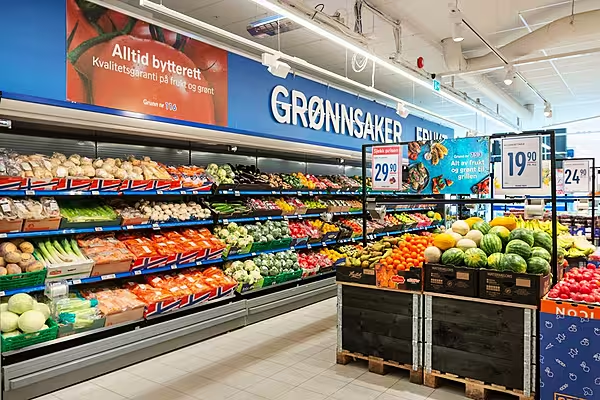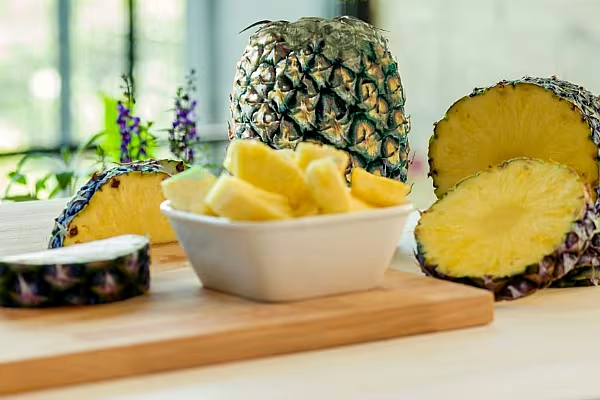Accelerated by the COVID-19 pandemic, a significant proportion of global consumers have become more attentive to various aspects of their health and well-being.
With immune health being a priority for 66% of global consumers, digestive health follows closely behind, with 56% of global consumers stating that they have plans to address this area of health.
Improving Digestive Health
Consumers have taken various steps to address their gut health. For instance, FMCG Gurus’ consumer insights reveal that using probiotics/cultures (43%) and making dietary changes (43%) were the most common steps among global consumers.
FMCG Gurus’ findings highlight an awareness among consumers regarding how diet can impact digestive health. As a result, 63% of global consumers have turned to fruit and vegetables to maintain healthy digestion, increasing their intake of fibre and reducing their intake of sugar to improve their gut microbiome.
This approach from consumers is reflective of a back-to-basics approach to nutrition, with fruit seen as fresh and natural, and an avoidance of artificial ingredients.
Awareness Of The Gut Microbiome
While many consumers recognise the importance of their digestive health, a significant number of consumers are not familiar with the gut microbiome/microbiota. For example, FMCG Gurus’ market research illustrates that 60% of global consumers have not heard of the microbiome or gut microbiome/microbiota.
Additionally, of consumers who have heard of the microbiome, only half have made changes to their lifestyles and diets as a result. This suggests that there is a major knowledge gap around the microbiome, and the industry must do more to educate and raise awareness around the importance of the gut microbiome, enabling consumers to be able to seek products that can aid this.
Probiotics
Of global consumers who purchase multiple types of probiotic products, 74% state that they prefer probiotic products in the format of foods and drinks. Our findings suggest that consumers deem food and drink formats tastier, more natural, and more convenient.
Additionally, the most popular options for consumers when purchasing probiotic products were yoghurt and yoghurt drinks. This is because many consumers deem yoghurt a convenient and healthy snack or breakfast food.
Prebiotics
While prebiotics are preferred in food and drink formats, there is an opportunity for the nutritional supplement market to enhance the appeal of these products. For instance, of consumers who purchase prebiotics, 41% purchased them in nutritional supplement form, and 18% purchased them in botanical supplement form.
This demonstrates that a considerable number of consumers are interested in this format, possibly due to their association with maximum efficacy.
However, supplements are often deemed as ‘unnatural’, which presents a barrier to the supplement market. To combat this, brands should promote nutritional supplements as natural and free from harmful chemicals or additives.
Postbiotics
While gut health has become more of a priority for a large number of global consumers, it is likely that more research will be done into prebiotics, probiotics, and postbiotics. It is important to note that, to date, only a small number of global consumers have heard of postbiotics, however, experts have predicted that this ingredient is one to watch over the next five years.
When provided with a definition of postbiotics, seven out of ten global consumers said that they find them appealing. While it is clear that consumers are open to prebiotics, probiotics, and postbiotics, much more awareness and education should be raised around these ingredients. This presents a key opportunity for markets to act on in the coming years.
Article by Kate Kehoe, marketing executive at FMCG Gurus. This article is based on FMCG Gurus: Prebiotics, Probiotics, & Postbiotics – Global Report. For more information, contact info@fmcggurus.com.














